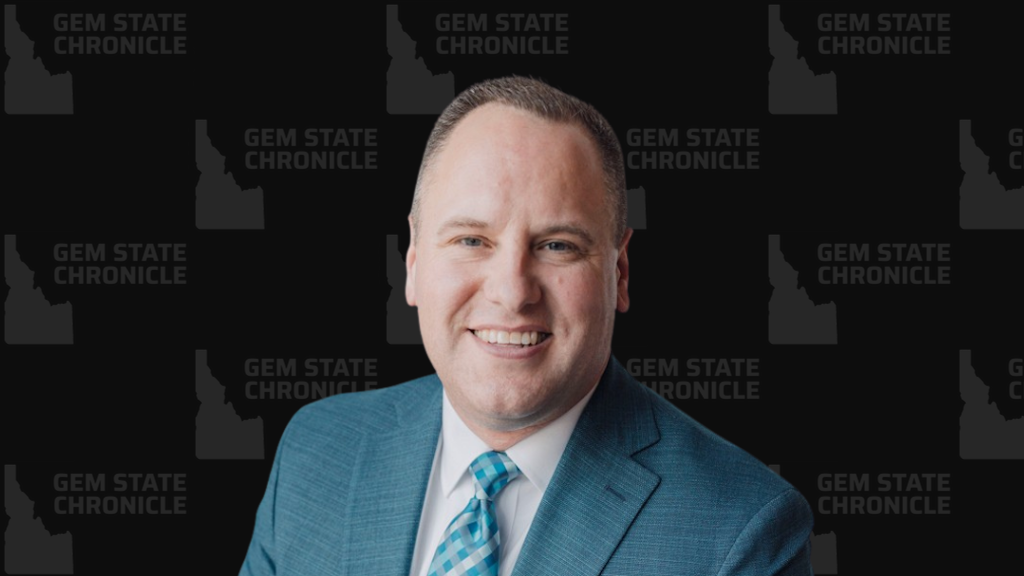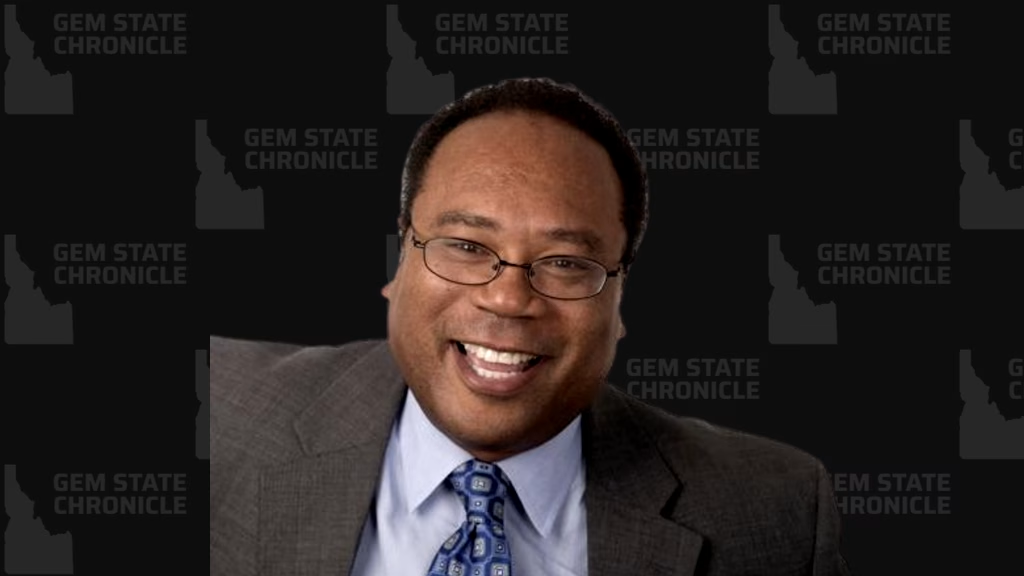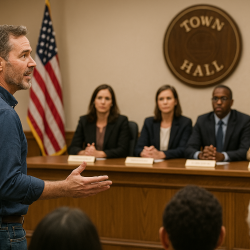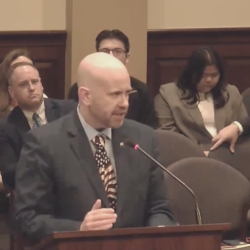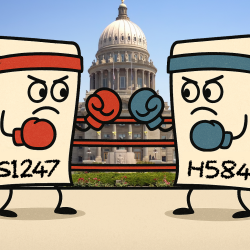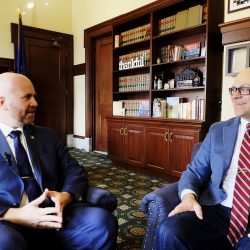By Branden Durst
From the iconic rock band Rush, comes this pearl of wisdom: If you choose not to decide, you still have made a choice. For Republicans, the choice is unambiguous. The 2024 Republican National Convention in Milwaukee made clear that support for universal school choice is a defining issue for the GOP. The new national Republican platform specifically calls for universal school choice, advocating for funds to be available for private and religious school tuition. This stance was underscored by multiple speakers each night of the convention, emphasizing the importance of school choice and its central role in Republican ideology.
Support for expanding school choice to allow taxpayer dollars to be spent on private and religious school tuition has become a litmus test for identifying true Republicans. Many states with a Republican trifecta—where the governor’s office and both legislative houses are controlled by the GOP—have adopted universal school choice. This trend reflects a broader movement within the party to prioritize educational freedom and parental choice.
Idaho’s GOP platform and national platform speak in harmony, calling for universal school choice through education savings accounts (ESAs). However, Idaho’s leadership has lagged behind other Republican states. Governor Brad Little and State Superintendent of Public Instruction Debbie Critchfield have shown weak leadership on this issue, failing to champion universal school choice. Behind the scenes, both have worked to thwart efforts to implement such policies, despite the clear mandate from their party’s platform and the growing demand from constituents.
With statewide leadership lacking, it is time for Idaho’s legislature to take decisive action. But not just any school choice bill will do. Any universal school choice program must offer families both an ESA that can rollover and a fully refundable tax credit of at least $5,000. Parents should have the option to choose between the two, ensuring they can select the opportunity that best meets their family’s educational needs. This flexibility is particularly important for families who may have philosophical opposition to one option or the other.
Moreover, the program should acknowledge and support various learning environments, such as microschools, pods, and other innovative educational models. These options are especially vital for communities in rural areas where traditional private schools might not exist. Providing parents with diverse educational choices ensures that all children, regardless of their geographic location, have access to quality education.
Another critical aspect that must be included in a new universal school choice program is ensuring its stability and sustainability. To that end, the program must be integrated into the education funding structure to protect it from budget cuts during economic downturns. This approach will safeguard the availability of funds and maintain the integrity of the program, regardless of future financial challenges.
We’ve all heard the critics of universal school choice often raise concerns, many of them intentionally misleading or flat out wrong, but they can be easily addressed. First, the benefits of school choice extend to all communities throughout Idaho, not just urban areas. By including options like microschools and pods, rural areas will also see improvements in educational opportunities.
Next, opponents of school choice often use the term “voucher” to describe refundable tax credits or ESAs, but this is intentionally misleading. Vouchers and ESAs are distinct mechanisms, and conflating the two only serves to confuse the public and detract from meaningful debate. Critics know the difference but choose to blur the lines to undermine support for school choice.
Additionally, numerous studies have shown that competition improves all schools, including public schools. When schools must compete for students, they are incentivized to improve their offerings and outcomes. This competition fosters innovation and raises the overall quality of education, benefiting all students, regardless of the type of school they attend.
Finally, expanding school choice can reduce the overall cost of education. The state of Idaho is currently mandated to provide education to every school aged child living in Idaho. School choice programs regularly operate at lower cost per pupil than public schools. An ESA with a rollover also ensures that cost of tuition does not artificially increase. Yet, critics regularly say that school choice programs “blow a hole in the budget”, but fail to acknowledge that the total per pupil cost is less. This sort of intentional game playing is wrong and should be rejected by Idahoans.
Plus, by providing parents with the means to choose more efficient and effective educational options, the system can operate more cost-effectively. This not only benefits taxpayers but also ensures that educational funds are used in the most impactful way possible.
The choice for next legislative session is clear. Republican legislators must follow the national and state GOP platforms and push for the passage of universal school choice. If Governor Little and Superintendent Critchfield continue to obstruct progress and threaten a veto, legislators should not shy away from confrontation. Failure to act, is too a choice. Hopefully, for the future of educational freedom in Idaho, Republican legislators strengthen their resolve and determination to prioritize the needs and rights of families over political inertia.
Branden Durst, MPA, EdS, is a former state senator and currently vice chairman of the District 22 Republican Central Committee
About Branden Durst
Branden Durst, MPA, EdS, is the chairman of Brabeion Academy. He is a former Idaho state representative and Idaho state senator and co-creator of the highly successful Advanced Opportunities program.



